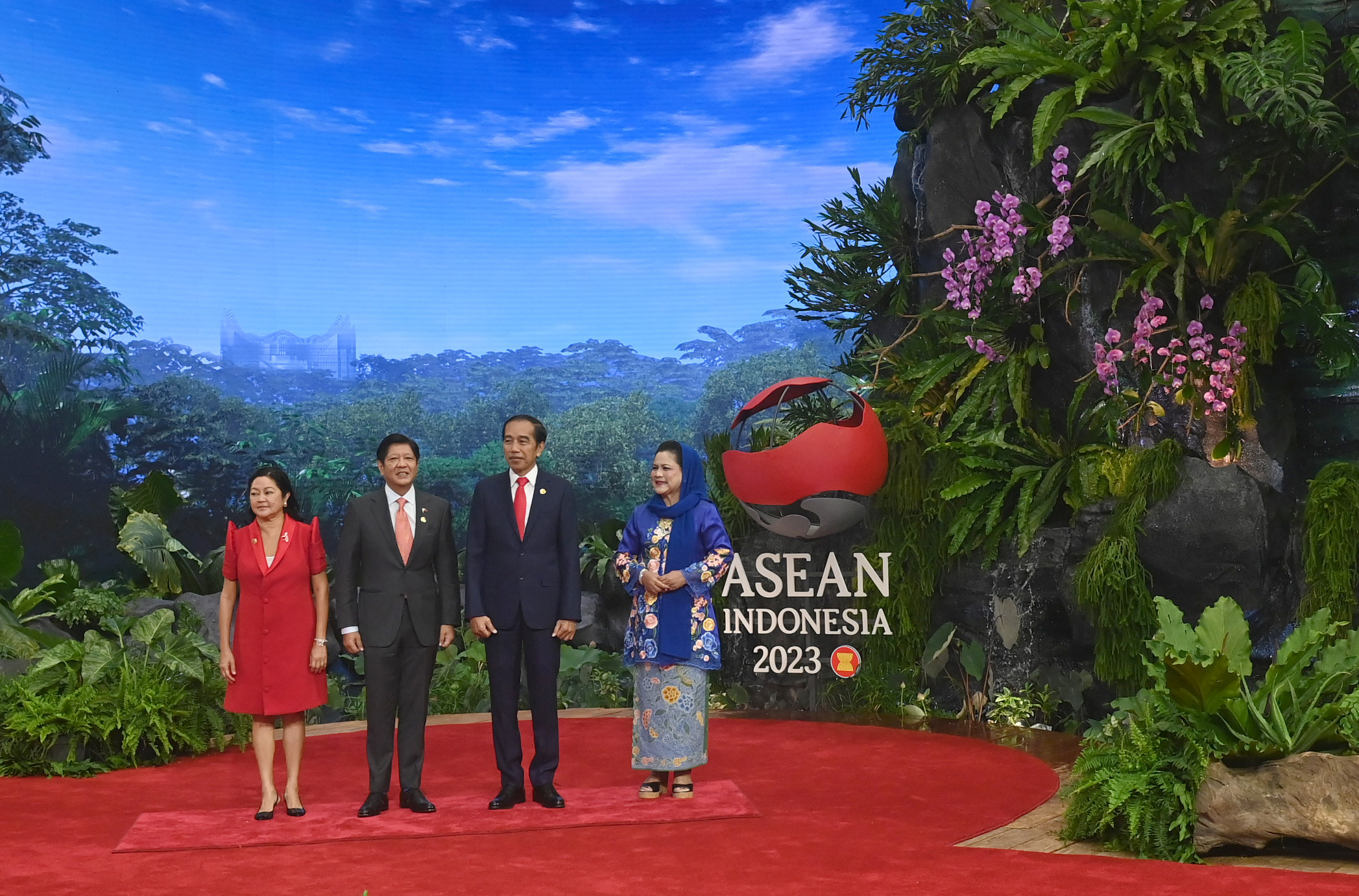Marcos urges ASEAN: Spur developing countries' climate action commitment
At A Glance
- Marcos describes climate change as a "most urgent" threat to progress.
- Marcos says the ASEAN must call on developed countries to heighten the implementation of their commitments during the COP28 in Dubai in December.
JAKARTA, Indonesia — President Ferdinand “Bongbong” Marcos Jr. has urged members of the Association of Southeast Asian Nations (ASEAN) to call on developing countries to strengthen their commitment to climate action, saying climate change continues to threaten a country’s progress.

Marcos said this in his intervention during the ongoing 43rd ASEAN Summit and Related Summits here on Tuesday, Sept. 5.
In his remarks, the President described climate change as a “most urgent” threat to progress.
“The most urgent threat to our progress is the impact of climate change. It is a looming reminder of the injustice of disproportionate impact on our people,” he said.
According to the President, the ASEAN must call on developed countries to heighten the implementation of their commitments during the COP28 in Dubai in December.
“Their commitments include climate finance, technology development and transfer, and capacity building in order to drive ASEAN’s capabilities to prevent, mitigate, manage, and adapt to the impacts of climate change,” he said.
With the Philippines among the most disaster-prone countries in the world, Marcos said the government will continue prioritizing international cooperation that will make ASEAN climate-smart and disaster-ready, including through the ASEAN Centre for Biodiversity.
Meanwhile, regarding food security, President Marcos said the ASEAN must build on cooperation that would transform the region’s agriculture sector.
“In achieving food security, we must build on cooperation that will harness the transformative potential of our agricultural sector to ensure that food production is responsible and will be of benefit for future generations,” he said.
“The continued effectiveness of our community-building efforts rests on a clear assessment of our strengths. The Philippines will continue to champion change that will strengthen our institutions, improve our decision-making, and uphold ASEAN Centrality,” he added.